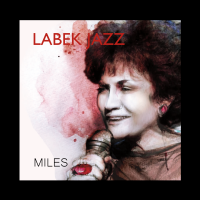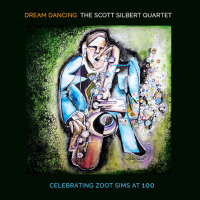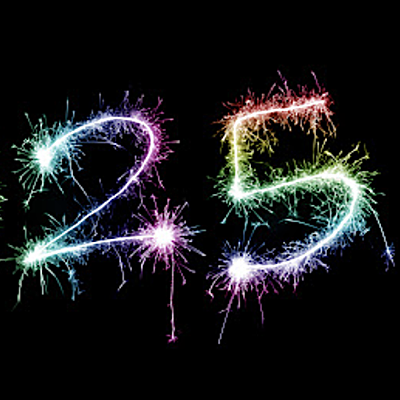Home » Jazz Articles » Tord Gustavsen
Jazz Articles about Tord Gustavsen
Tord Gustavsen Trio: The Other Side

by Neri Pollastri
Undici anni dopo Being There il pianista norvegese Tord Gustavsen torna a registrare in trio, formazione che aveva preferito non affrontare più dopo la scomparsa di Harald Johnson, il contrabbassista che lo aveva sempre accompagnato assieme al batterista Jarle Vespestad. Adesso, con l'ingresso di Sigurd Hole, Gustavsen si riavvicina alla forma che l'aveva lanciato e lo fa da un lato riprendendo il filo di un discorso lirico e legato alla musica popolare della sua terra, così come in passato, dall'altro ...
Continue ReadingTord Gustavsen: The Other Side

by Mike Jurkovic
Like a dusty, Southern gothic novel, Norwegian pianist Tord Gustavsen opens his return to the trio format with the moody, enigmatic “The Tunnel." All his compositions on The Other Side bare their secrets slowly and play out their methodically expressionistic hauntings with a gospel-influenced left hand seemingly rooted thousands of miles away in the muddy Louisiana delta. Though Being There (ECM, 2007) was widely hailed yet often criticized as being cool in nature, The Other Side is a ...
Continue ReadingBelgrade Jazz Festival 2016

by Thomas Conrad
2016 Belgrade Jazz Festival Belgrade, Serbia October 26-October 30, 2016 Because of the wars in the former Yugoslavia, the Belgrade Jazz Festival, like most good things in the Balkans, went dark for 15 years after 1990. When it started up again in 2005, it was small. By 2008, it was big enough to book names like The Bad Plus, Christian Scott and Patricia Barber. But even then, from the vantage point of the world jazz community, ...
Continue ReadingTord Gustavsen with Simin Tander and Jarle Vespestad at Fringe Arts

by Geno Thackara
Tord Gustavsen (with Simin Tander and Jarle Vespestad) Fringe Arts Philadelphia, PA June 20, 2016 The music of this trio project is “a mystical and spiritual journey," Tord Gustavsen declared early in the set during his first-ever appearance in Philadelphia, an endeavor about “finding the divine light within ourselves instead of looking somewhere outside." He's self-effacingly quiet and unassuming at the microphone, which is no surprise to anyone familiar with his less-is-more ...
Continue ReadingTord Gustavsen, Simin Tander, Jarle Vespestad: What Was Said

by Neri Pollastri
Continuità e radicale cambiamento in questo nuovo album di Tord Gustavsen: il pianista di Oslo è ancora in trio con il fido batterista Jarle Vespestad, ma con la cantante tedesca di origini afgane Simin Tander a sostituire il contrabbasso; al pianoforte affianca un inedito, moderato impiego di elettronica; ancora al lavoro su materiale di ispirazione sacra (gli inni e la musica da chiesa sono stati la sua prima formazione), stavolta però tratta non solo dalla tradizione del suo paese, bensì ...
Continue ReadingTord Gustavsen with Simin Tander & Jarle Vespestad: What was said

by Ian Patterson
An exciting new trio sees Tord Gustavsen and Jarle Vespestad combine with German-Afghan singer Simin Tander to submit Norwegian church music to the push and pull of improvisation and the spell of thirteenth century Persian Sufi mystic, Jalal al-Din Rumi's poetry. What might seem like an esoteric experiment, in fact follows logical currents. Gustavsen's ensembles have often exhibited folkloric colors, while Tander's unique improvisational idiom on her debut Wagma (Neuklang, 2011) and her Pashto-sung arrangements of Afghan poems on Where ...
Continue ReadingTord Gustavsen with Simin Tander & Jarle Vespestad: What was said

by Mark Sullivan
What was said introduces a new trio from Norwegian pianist Tord Gustavsen, featuring German-Afghan vocalist Simin Tander, with the support of longtime collaborator drummer Jarle Vespestad (who has played on all of Gustavsen's previous ECM recordings). The inspiration for the program was the tradition of Norwegian church music, but it is explored in a most untraditional way. The most obvious difference is the polyglot approach to the sung languages. Gustavson's interest in Sufi poetry and enjoyment of the sound of ...
Continue Reading

















